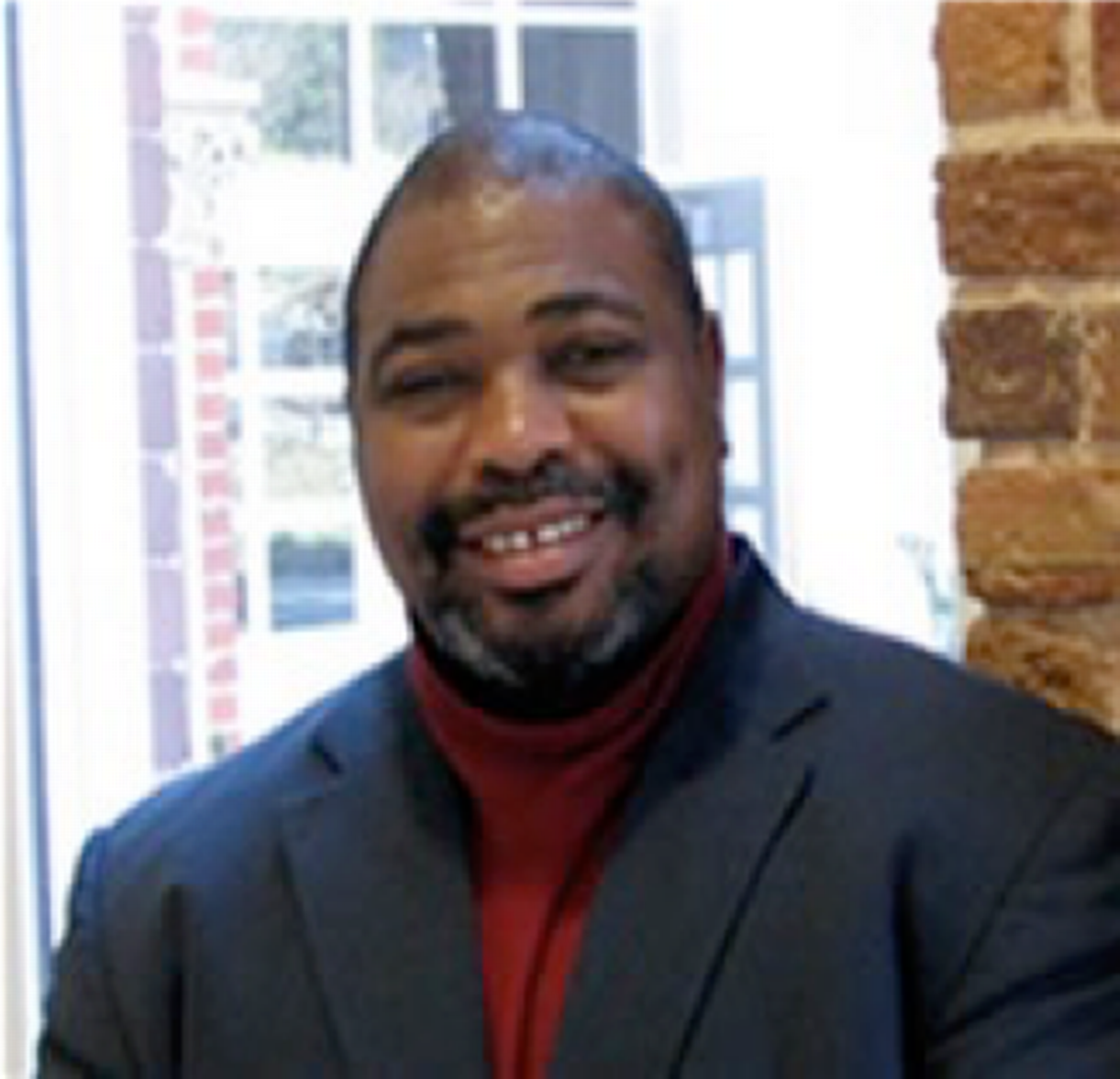
If members of the South Carolina Legislature had a better appreciation of history, we could avoid past mistakes and our elected leaders would not be debating House Bills 4325, 4943, 4392, 4605, and 4799.
These bills eradicate decades of hard work by dedicated educators to ensure that South Carolina students gain a broad perspective on the state’s complicated history. From its inception, South Carolina was the most culturally diverse of England’s 13 colonies.
There was a mixture of Africans, Native people, and Europeans.
South Carolina’s story is our story, and it must be told truthfully and publicly so that we learn from past mistakes. The legislative bills introduce oxcart ideas in a jet age.
In the past, Southerners thought integration was destructive; equal education was not for all; enfranchisement of all citizens was not good government; and that people of different colors and beliefs could not co-exist peacefully.
The hysteria created by those who rail against Critical Race Theory, The 1619 Project and the dignity, coercion and indoctrination ideas is reminiscent of a bygone era. You do not have to spend a lot of time studying South Carolina’s history to find racist theories, indoctrination and assaults on dignity being a routine part of education.
These ideas were so ingrained that African American and white children legally were separated with African American children being discriminated against based solely on their color.
African American children were daily fed a diet of what Dr. Martin Luther King, Jr. described as, “the stale bread of hatred and the spoiled meat of racism.”
The unfortunate by-product of that indoctrination is that white children were also fed the same “spoiled meat of racism,” albeit from a different perspective. All children need the same truth.
Nations that ignore the truth generally engage in crimes committed by those protecting lies.
Americans fought wars to defend freedom. These laws violate every principle on which this nation was founded. Virginia Wolfe wrote, “If you don’t tell the truth about yourself, you cannot tell it about others.”
Instead of punishing teachers who inadvertently offend, the state should invest more in teacher training and professional development. There are tools to address the challenges we face in trying to teach an all-inclusive history without denying students the full story of the past and the lessons that come with it.
We don’t need legislation, we need education. In 1993, the South Carolina African American Heritage Commission (SCAAHC) was founded to assist the Department of Archives and History in identifying and documenting historic African American sites.
Over the past 28 years, our group of volunteers have assisted in adding more than 300, previously unrecognized, sites to the state’s historical record. These historical markers help tell a compelling story about South Carolina’s past. We encourage you to follow their lead.
Let’s not go down the same road of other nations like North Korea, Poland, China, and Turkey who refuse to own up to the unpleasant past. History is ultimately truth and legislation can’t change the truth.
The South Carolina African American Heritage Commission offers teacher directories, lesson plans, seminars, cultural programs and webinars to instruct teachers on how they can teach these difficult lessons in the classroom.
We have an opportunity to either prepare our children for the future or doom them to the mistakes of the past.
We sincerely hope that our politicians choose the better angels of their nature and allow our students to develop a greater understanding and appreciation of our history and heritage.
By doing so, we can avoid repeating many of our past mistakes.
Dr. Abel A. Bartley is Chair of the South Carolina African American Heritage Commission and a professor at Clemson University.




